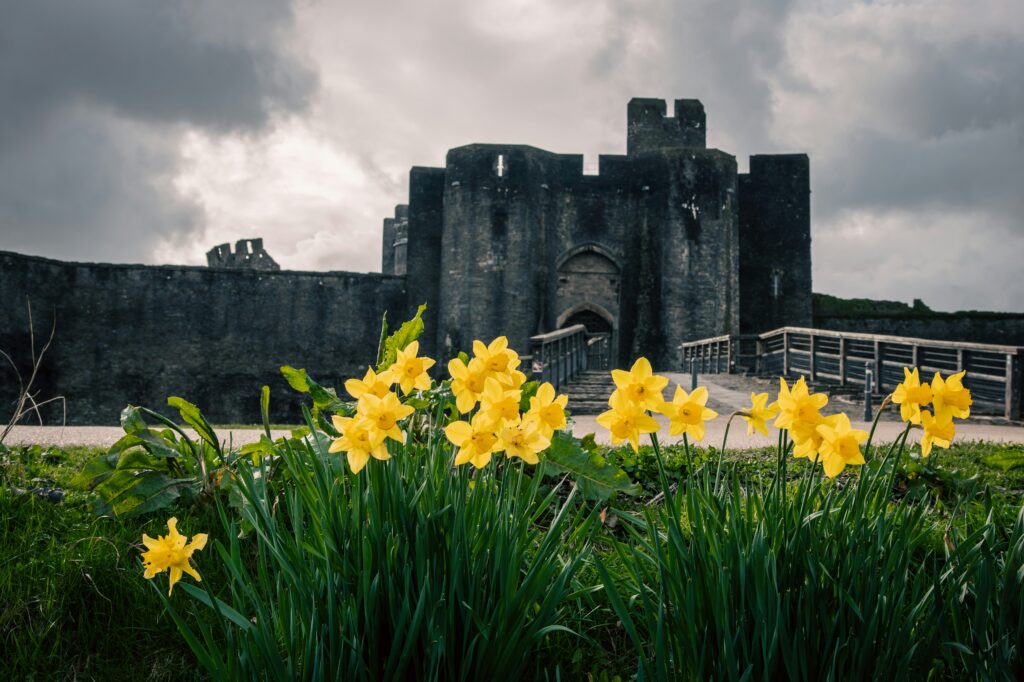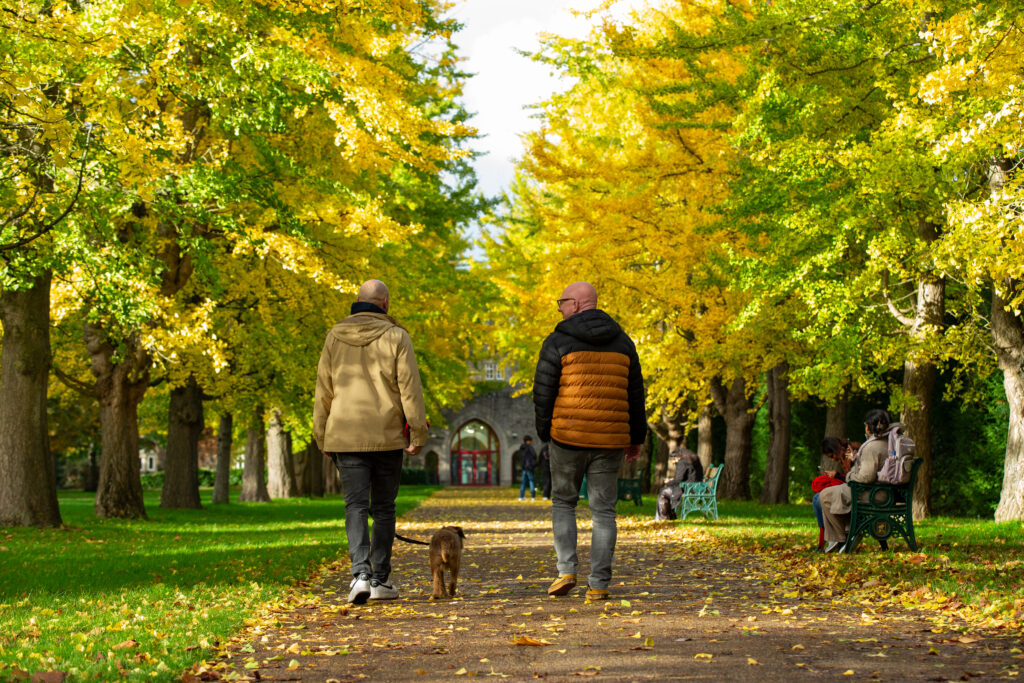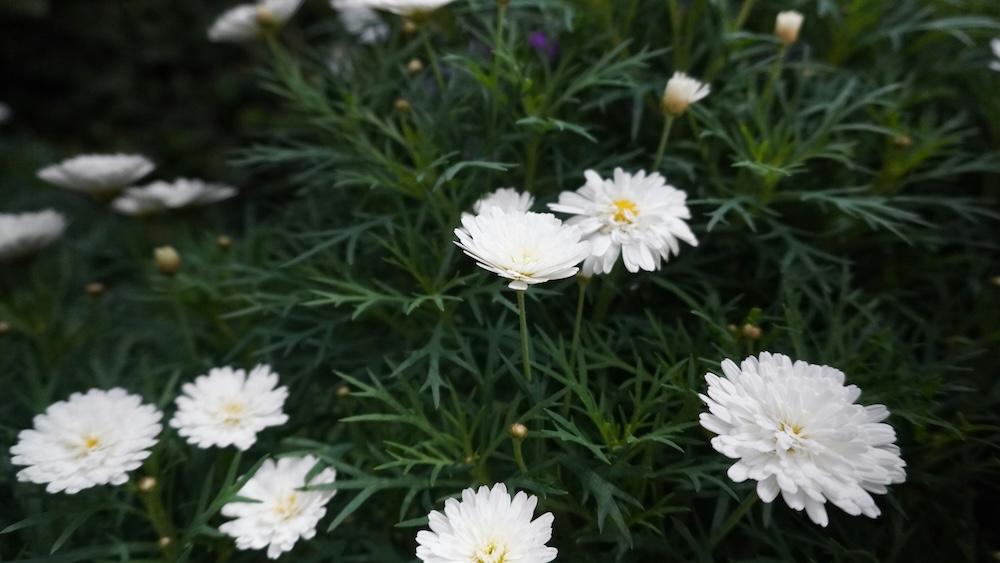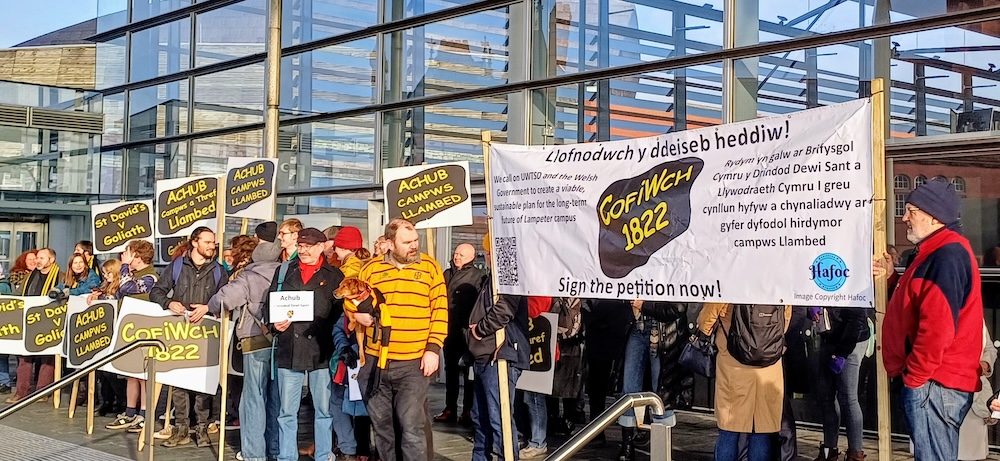Roger Lewis suggests one way forward for Wales’ creative endeavour in today’s darkness.
D:Ream’s “Things can only get better” was the defining soundtrack to Tony Blair’s election victory in 1997. And I believe we will be dancing to such tunes again, and things will indeed eventually get better under the leadership of Keir Starmer and his new band, but it is going to take time.
At present, and particularly for the arts and the cultural and historic sectors in Wales, we are still shaking it out to Florence and the Machine’s “I like to keep my issues drawn, it’s always darkest before the dawn.”
The cultural, artistic, music, heritage and creative industry sectors in Wales are in dire straits, due to years of chronic underfunding, and […] in some areas, very bad management.
Yes, Welsh Government should be recognised for providing a further £5 million to support and protect Wales’ culture and sport arm’s length bodies and Cadw in September 2024, but the days continue to be dark indeed for our musicians, actors, and all those at the sharp end of cultural endeavour in Wales.
The cultural, artistic, music, heritage and creative industry sectors in Wales are in dire straits, due to years of chronic underfunding, and let’s be honest, in some areas, very bad management, which lacked foresight, planning and ambition.
But that does not mean the sector cannot continue to think and, most importantly, act creatively and differently, and to consider new strategies to drive growth as effectively and as efficiently as possible in these greyest of times.
We cannot, and must not sit back and just whinge. Yes, we can and should stand up and shout, but the various sectors must come together and work together, which has been resisted by some in the past.
Thank goodness most of those who ducked away from new partnerships, new alliances and new relationships have gone, and at the top of many of our institutions are new fresh thinkers. Over the past two years we have welcomed a number of new CEOs to lead the way, such as Jane Richardson at National Museum Wales and Rhodri Llwyd Morgan at the National Library of Wales and we welcome Adele Thomas and soon Sarah Crabtree to WNO. Their fresh thoughts and behaviours are already starting to have an impact. This should give us all hope and confidence.
Earlier this year, I suggested in the review of Cadw’s current governance arrangements and the wider provision of public heritage services across Wales, that the Historic Wales Partnership should collectively develop a specific cultural tourism strategy for Wales. I now return to this and add a spin: a digital only cultural visitors strategy for Wales, driven and owned by as broad a group of institutions and companies as possible, drawn from the public and private sectors.
Now before you groan and stop reading, give this idea a chance.
Imagine the Welsh National Opera (WNO), sitting down together with the Principality Stadium, the BBC NOW, the National Library and the National Museum of Wales, Cadw, the Historic Wales Partnership, plus our hoteliers, food and beverage companies, with Visit Wales, the Arts Council of Wales, Sport Wales, along with tour companies, Transport for Wales, GWR and Cardiff Airport, all coming together to agree a united digital strategy. Together they could agree to send targeted messages to their own databases, always mindful of upholding all GDPR protocols about the work of others, ensuring that they do not cannibalise themselves, to drive a growth agenda for the benefit of all, based upon the myriad of our cultural activities, week in week out, all year long.
Why not join it all up and work together in a structured, focussed, targeted and balanced manner? It’s a world-wide burst of Wales’s cultural activities, all year round.
The purpose of such a strategy is, firstly, to engage the existing database relationships of individual organisations and their supporters, fans and customers, and to alert them, in a structured, focussed and disciplined manner, of other organisations’ activities and offerings. It should aim to welcome not only more cultural visitors to Wales, but most importantly, encourage the millions who presently come, to sample other aspects of Wales’s cultural offering whilst here. Wales’s cultural activities stretch way beyond the main summer tourist months.
The attraction of this first phase of activity is that it is relatively cheap. The databases already exist, GDPR rules of opt-in/opt-out will be known, the respective organisations have a good idea of their activities over the coming year and each of them has a team of database managers who are looking after their online and messaging activities. Why not join it all up and work together in a structured, focussed, targeted and balanced manner? It’s a world-wide burst of Wales’s cultural activities, all year round.
Such a digital approach is not unusual for certain cities around the world, particularly with specific festivals, but no one has yet done it for a country, week in week out. And isn’t this our strength as a nation – we are small, and we all know each other, and we can come together quickly and relatively easily.
Gofod i drafod, dadlau, ac ymchwilio.
Cefnogwch brif felin drafod annibynnol Cymru.
If you Google “Cultural Strategies”, “Tourism Strategies” and “Digital Strategies”, you will see a well-trodden path of ideas and activities going back decades. Wales has produced several of them in the past. But no one has yet sat down across a country and joined up digitally their cultural offerings in the widest sense, involving both the public, private sectors and the transport providers, working together in a truly strategic way to drive growth and benefit for all.
If this initial burst of activity proves beneficial, the next phases could develop in a multitude of ways, providing content, and maximising commercial opportunities with the right people around the table.
And do you know what? Even if this idea does not fly, the idea of the Welsh organisations listed above, sitting together, to come up with new ideas and new solutions, working together with a unity of purpose to try and figure out how we can help each other, to help ourselves and to help others to ensure things will only get better, would not be bad.
As Florence once sang: “it’s hard to dance with the devil on your back, so shake him off!”
All articles published on the welsh agenda are subject to IWA’s disclaimer. If you want to support our work tackling Wales’ key challenges, consider becoming a member.





